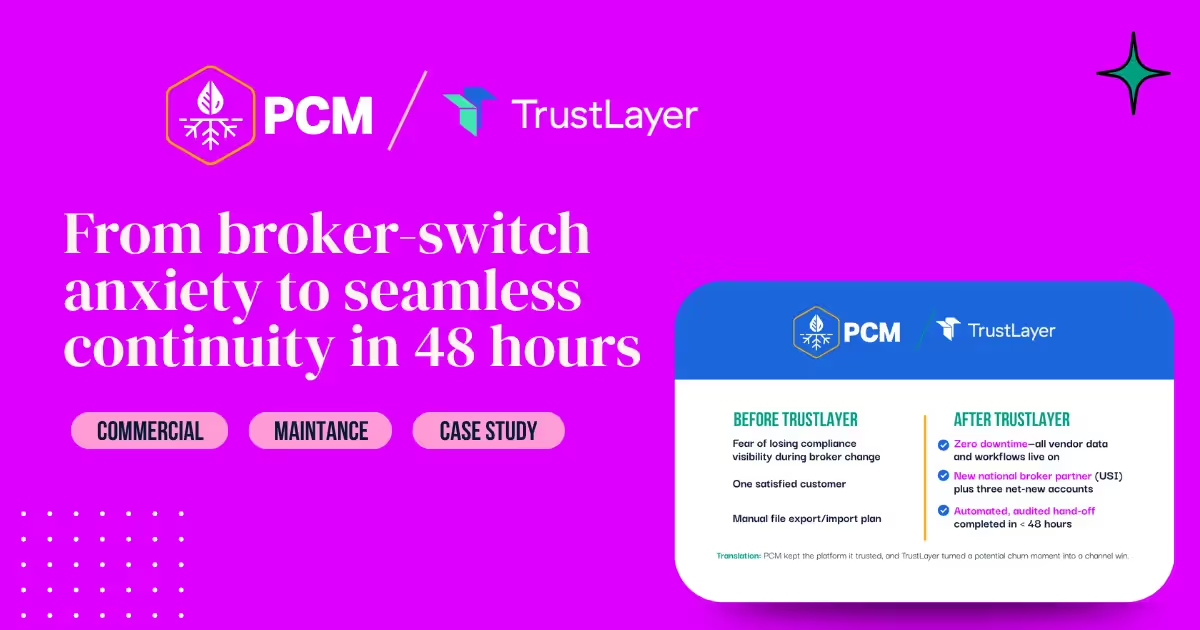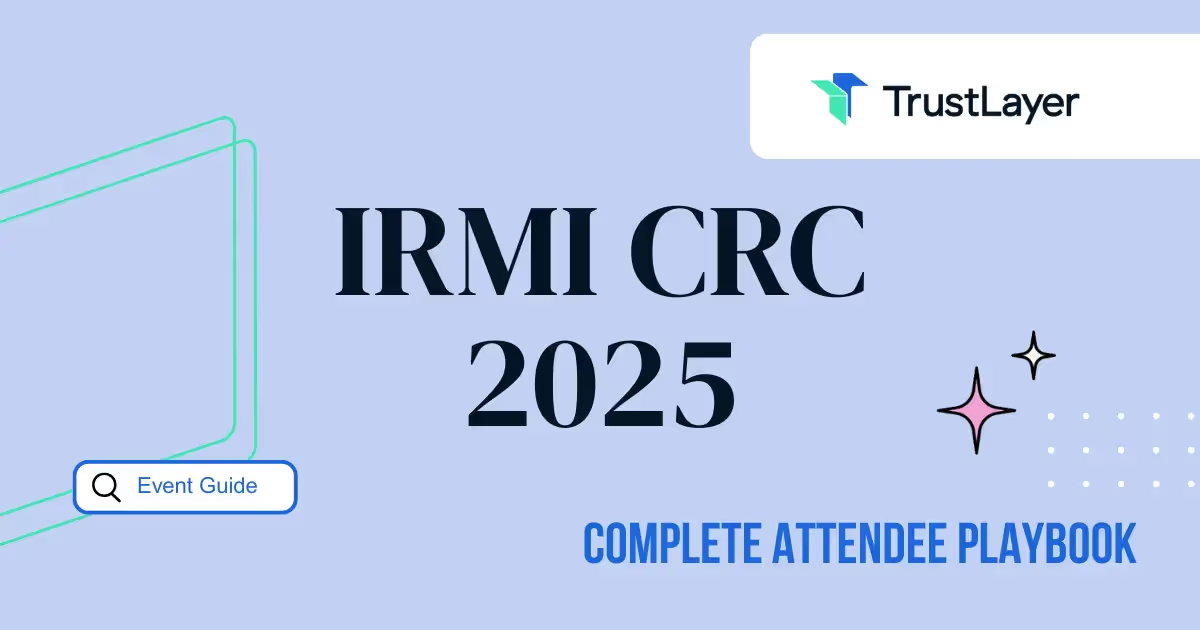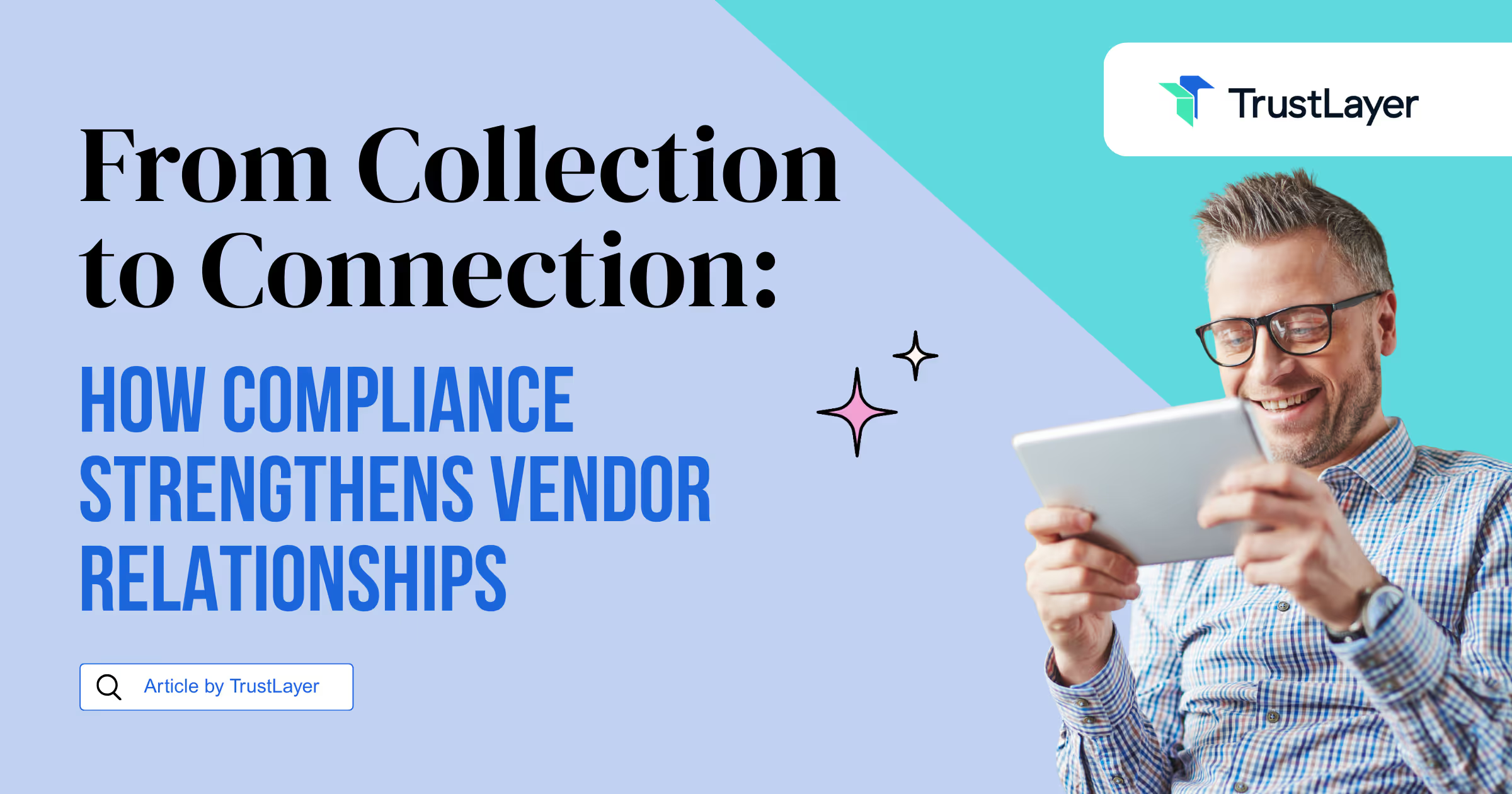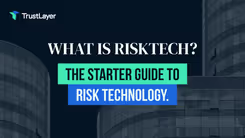Buy Real Estate Compliance Software to Automate Insurance Verification

In today's fast-paced real estate industry, efficiency is key. Manual processes can be time-consuming and prone to errors, especially when it comes to insurance verification. That's why many real estate professionals are turning to compliance software to streamline their operations and automate insurance verification. With the right software solution, you can save time, reduce risk, and ensure compliance with insurance requirements. So, let's dive in and explore the benefits of real estate compliance software and why it's a smart investment for your business.
Understanding Real Estate Compliance Software
Real estate compliance software is a powerful tool that helps real estate professionals manage and track insurance compliance for their properties. It takes the guesswork out of insurance verification by automating the process and providing real-time updates. Whether you're a property manager, landlord, or tenant, compliance software can make your life easier by centralizing all your insurance information in one place.
Real estate compliance software is designed to streamline the often complex and time-consuming process of ensuring that all insurance requirements are met for a property. By utilizing advanced algorithms and data analytics, this software can quickly identify any gaps or issues in insurance coverage, allowing users to take immediate action to rectify them. This proactive approach not only saves time but also minimizes the risk of potential insurance-related disputes or financial losses.
The Role of Compliance Software in Real Estate
Compliance software plays a vital role in the real estate industry by ensuring that all parties involved in a property transaction are adequately protected by insurance. It acts as a safeguard against potential risks and liabilities, giving you peace of mind knowing that your properties and investments are adequately covered.
Moreover, real estate compliance software goes beyond just insurance verification. It can also help in maintaining compliance with various regulatory requirements, such as building codes, environmental regulations, and lease agreements. By centralizing all compliance-related data and documentation, this software enables users to easily demonstrate adherence to these standards during audits or inspections, reducing the likelihood of penalties or legal issues.
Key Features of Real Estate Compliance Software
When choosing real estate compliance software, look for key features that will make your life easier. These may include automated certificate monitoring, document storage, and renewal reminders. Some software also offers integration with popular property management systems, making it even easier to manage your compliance requirements.
Additionally, advanced real estate compliance software may incorporate machine learning capabilities to continuously improve its accuracy and efficiency over time. By analyzing historical data and user interactions, these systems can adapt to changing insurance regulations and industry trends, ensuring that users always have access to the most up-to-date compliance information and tools.
The Importance of Automating Insurance Verification
Traditionally, insurance verification has been a time-consuming and manual process. Real estate professionals often had to sift through stacks of paperwork to ensure that the proper insurance coverage was in place. However, relying solely on manual processes can lead to costly errors and oversight.
Automating insurance verification is a game-changer in the real estate industry. By leveraging technology and innovative solutions, professionals can streamline the verification process and ensure compliance with insurance requirements more efficiently than ever before.
Challenges of Manual Insurance Verification
Manual insurance verification is not only time-consuming but also prone to human error. Misplacing or misinterpreting insurance documents can have serious consequences, leading to non-compliance and potential legal issues. Additionally, manually tracking insurance renewals can be a daunting task, especially for those who manage multiple properties.
Moreover, the manual verification process can be a drain on resources and manpower. Real estate professionals spend countless hours cross-referencing documents and updating spreadsheets, taking valuable time away from more strategic tasks that could drive business growth and innovation.
Benefits of Automation in Insurance Verification
By automating the insurance verification process, you can eliminate the risk of human error and save valuable time. Compliance software can automatically pull and analyze insurance data, ensuring that all requirements are met. With real-time updates and automated renewal reminders, you can stay on top of your insurance compliance effortlessly.
Furthermore, automation allows for seamless integration with existing systems, creating a centralized hub for all insurance-related information. This not only improves data accuracy but also enhances collaboration among team members, fostering a more cohesive and efficient workflow.
Choosing the Right Real Estate Compliance Software
Now that you understand the importance of real estate compliance software, it's time to choose the right solution for your business. With so many software providers on the market, it's essential to consider a few key factors before making your decision.
Real estate compliance software plays a crucial role in ensuring that your business adheres to industry regulations and standards. By implementing the right software solution, you can streamline your compliance processes, minimize risks, and maintain a strong reputation in the market. Additionally, investing in compliance software demonstrates your commitment to upholding ethical practices and protecting both your clients and your business.
Factors to Consider When Buying Compliance Software
When evaluating different compliance software providers, consider factors such as ease of use, integration capabilities, customer support, and pricing structure. It's important to choose a solution that aligns with your specific needs and budget.
Furthermore, look for software providers that offer regular updates and enhancements to their products. The regulatory landscape is constantly evolving, so having software that can adapt to new requirements and technologies is essential for long-term success. Consider the scalability of the software as well, ensuring that it can grow with your business and accommodate future expansions or changes in compliance needs.
Evaluating Different Software Providers
Before making a final decision, take the time to evaluate different software providers. Read customer reviews, ask for recommendations from peers, and request product demos. By thoroughly researching your options, you can make an informed decision and select the software provider that best meets your needs.
Additionally, consider the level of training and support offered by each software provider. A user-friendly interface is important, but comprehensive training resources and responsive customer support can also greatly impact your experience with the software. Look for providers that offer ongoing training opportunities and dedicated support channels to ensure that you can maximize the benefits of your chosen compliance software.
Implementing Real Estate Compliance Software
Once you've chosen the right real estate compliance software, it's time to implement it into your business processes. This stage is crucial for a successful transition, and careful planning is necessary to ensure a seamless integration.
Implementing real estate compliance software involves more than just installing a new system. It requires a comprehensive understanding of your organization's current compliance processes and how the software can enhance and streamline them. By taking the time to evaluate your existing workflows, you can identify key areas where the software can make the most significant impact.
Steps to Successfully Implement Compliance Software
Start by mapping out your existing compliance processes and identifying areas that need improvement. Then, work closely with your software provider to customize the software to meet your unique requirements. This may involve importing existing insurance data, setting up automated monitoring, and training your team on how to use the software effectively.
Collaboration between your internal team and the software provider is essential during the implementation process. Regular communication and feedback loops can help address any challenges or roadblocks that may arise, ensuring a smoother transition and maximizing the software's potential benefits for your organization.
Training Staff on New Compliance Software
It's crucial to provide thorough training to your staff to ensure a smooth transition to the new compliance software. Offer hands-on training sessions and provide resources such as video tutorials and user manuals. By investing time in proper training, you can maximize the benefits of your new software and ensure that everyone is on board.
Additionally, consider appointing internal champions or super users who can provide ongoing support and guidance to their colleagues. These individuals can serve as experts on the software, helping to troubleshoot issues, answer questions, and encourage adoption across the organization.
The Future of Real Estate Compliance and Automation
As technology continues to advance, the future of real estate compliance is promising. Emerging trends and innovations are reshaping the industry, making compliance processes more efficient and cost-effective.
One of the key emerging trends in real estate compliance is the use of artificial intelligence (AI) and machine learning. These technologies are revolutionizing the way real estate professionals manage compliance by offering real-time data analysis, improved risk assessment, and predictive analytics. With AI and machine learning, you can make informed decisions and mitigate potential risks more effectively. For example, AI algorithms can analyze large volumes of data to identify patterns and anomalies that may indicate compliance issues, allowing you to take proactive measures to address them.
Another emerging trend in real estate compliance is the adoption of blockchain technology. Blockchain, a decentralized and transparent ledger system, has the potential to revolutionize compliance processes by ensuring the integrity and immutability of data. With blockchain, real estate professionals can securely store compliance-related information, such as property records and transaction history, reducing the risk of fraud and ensuring regulatory compliance.
How Automation is Shaping the Future of Insurance Verification
Automation is set to transform the insurance verification process in the real estate industry. With advancements in cloud-based solutions and API integrations, real-time data exchange between insurance carriers and compliance software is becoming seamless. This eliminates the need for manual data entry and speeds up the insurance verification process.
Furthermore, automation can significantly improve the accuracy and reliability of insurance verification. By integrating compliance software with insurance carriers' systems, real estate professionals can automatically retrieve and verify insurance information, ensuring that all properties are adequately covered. This not only saves time but also minimizes the risk of errors and omissions in insurance verification.
In conclusion, investing in real estate compliance software is a wise choice for any real estate professional looking to automate insurance verification. With features designed to streamline processes, reduce risk, and ensure compliance, compliance software is an essential tool in today's fast-paced real estate industry. Take the time to evaluate different software providers, choose the right solution for your business, and implement it successfully. By embracing technology and automation, you can stay ahead of the competition and secure your properties with confidence.
Ready to elevate your real estate business with cutting-edge compliance technology? TrustLayer is your go-to solution, revolutionizing the way you manage risk with our best-in-class certificate of insurance (COI) tracker. Say goodbye to the administrative burden of manual document verification and embrace the future with TrustLayer's automated system. Join the hundreds of thousands of companies who have streamlined their vendor document management and COI tracking with our innovative platform. Don't let outdated processes hold you back. Set up a time to talk with our team today and discover how TrustLayer can transform your insurance verification process, saving you time and money while ensuring peace of mind.
















